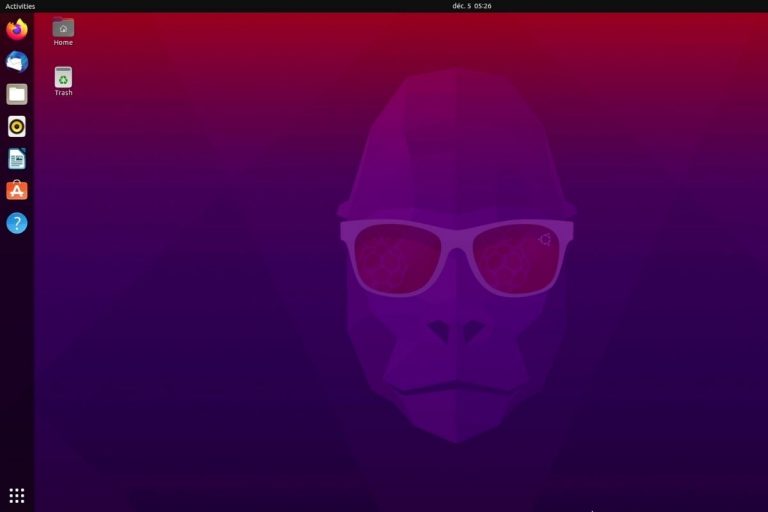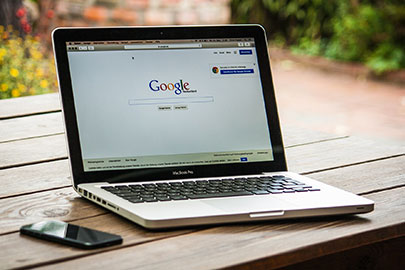What’s the difference between an Android and a Smartphone?
In the new technology world, it can be hard to keep up with all the vocabulary. If you are here, you are probably wondering about the exact meaning of the words used regarding mobiles phones.
You are at the best place, I’ll explain everything to you in this article, and particularly the difference between Android and smartphone.
Android is the name of an operating system, created by Google and used by most of the manufacturers for the software part on their mobiles. A smartphone is the generic name given to all the mobile phones that are considered as “intelligent” and have a touchscreen (ex: iPhone).
After this short explanation, we’ll see the details about each of them, and finally compare them point per point.
Android
Definition
Android is a mobile operating system based on a modified version of the Linux kernel and other open-source software, designed primarily for touchscreen mobile devices such as smartphones and tablets. Android is developed by a consortium of developers known as the Open Handset Alliance and commercially sponsored by Google.
Wikipedia
History
The first version of the Android operating system was released in 2007, but the first phone running on Android was the HTC Dream, released in 2008.
While Steve Jobs was working on the iPhone in the biggest secret, a small open-source project that would later become Android was developed. At the beginning (2003), the project members had hard a hard time to find investors, and they were progressing slowly.
In 2005, Google bought Android Inc for $50 million and the scale of the project totally changed. Google has partnered with the top mobiles manufacturers (Samsung, Motorola and HTC) and also some chipset manufactures and wireless carriers to create the Open Handset Alliance, and launch the commercial version of Android we know now.
Google has been founded in 1998, and in 2005 they were already a worldwide success, mainly for their search engine at the time. 2005 is the year they have done their second public offering, bringing over $4 billion in cash to invest in complementary businesses.
Following this philosophy, they acquired Android in 2005, probably with the idea to make a move to the mobile industry and diversify their operations in this field.
This endeavor has been a success, in the operating system industry at least.
Google makes money with Android because their applications are installed by default, and also because they earn a commission on each app we buy on the Play Store.
However, Google missed the opportunity on the hardware side. With the iPhone released in 2007, they probably weren’t ready to compete with Apple any time soon. And they have failed to close the gap so far. They tried some “Google phones”, but the results are absolutely not comparable to those of the iPhone (or even other manufacturers).
The operating system
To get back to the Android operating system, it has been a huge success since almost 20 years.
Basically, they are mainly two operating systems on mobiles phones currently: Android and iOS (the one developed by Apple for the iPhone).
The current market share for Android is around 72% and only 27% for Apple iOS.

This success comes from the fact that almost all manufacturers (except Apple), are shipping their mobiles with Android pre-installed. So basically, if you don’t have an iPhone, you are on Android.
Except from that, the operating system works really well. The fact that all the Google apps are installed can be seen as a downside for competition, but it provides a great user experience out-of-the-box.
Most apps are available on Android, the hardware is well-supported as the manufacturers are testing their products directly on Android. So, the issue we can get on a standard computer about open-source are totally absent in this case. Problems are generally resolved directly between the manufacturers and the developers, the end-user doesn’t have to worry about that.
Smartphone
Definition
Smartphones are a class of mobile phones and of multi-purpose mobile computing devices.
Wikipedia
They are distinguished from feature phones by their stronger hardware capabilities and extensive mobile operating systems, which facilitate wider software, internet (including web browsing[1] over mobile broadband), and multimedia functionality (including music, video, cameras, and gaming), alongside core phone functions such as voice calls and text messaging.
At first, the smartphone was something extraordinary compared to the ancient mobile phones that didn’t provide an internet connection and didn’t have a touchscreen.
Today, 99% of the mobile phones are smartphones.
Manufacturers
There are several smartphone manufacturers.
By the time I was writing these lines, the 3 brands with the highest sales were:
- Samsung, with the Galaxy series like the Galaxy S21 (high-quality model)
- Huawei, with the P40 Pro models which are the best-sellers of the moment
- And finally Apple, with the iPhone 12 the latest model (high-quality model)
There are lots of other brands that also have fine smartphones like Sony, Xiaomi or Blackberry.
Since the word “smartphone” is applied to a kind of product, each high-tech brand can make its own.
Operating systems
Each brand can also decide which operating system to use. We’ve already seen that some brands use their own operating systems like the iOS or the Blackberry OS, but it is also possible to use other operating systems available for redistribution like Android or Windows Mobile.
By the time I wrote these lines, most of the smartphones use Android.
Here are the stats from StatCounter:
- Android: 72%
- iOS: 27%

As you can see, there’s not much place left for the other operating systems.
Even the giant Microsoft doesn’t overcome the 1% with its mobile operating system.
Android is developed by Google, and it’s installed on the smartphones of all the greater brands (except for Apple), which explains these statistics.
On the other hand, the iOS is used exclusively by the iPhones.
Other characteristics
Considering the number of competitors in the smartphone market, each brand will try to bring some novelties with each new model, so there’s no real limitation in the characteristics you can find.
Display size, depth, weight, double SIM, increasingly powerful camera, SD card, battery performance, connectors, water resistance, etc… Choosing a smartphone is getting more and more complicated and more and more expensive.
If you’re searching for an affordable smartphone, you can choose a Chinese brand (Huawei or Xiaomi for instance).
They still provide models at reasonable prices (less than $450) and with a good quality. You won’t regret your choice.
The prices charged by Samsung or Apple don’t have any logic explanation.
Differences between Android and Smartphone
Meaning
Smartphone is the name given to an intelligent mobile phone, no matter what brand and characteristics it has.
Android is the name of the operating system running on most smartphones, except those from Apple.
It is like if you were trying to compare “Windows” with a “computer”, that is senseless.
Brand
Android is owned by Google, so any other operating system will have a different name, but could run on a smartphone. For example, some Linux systems are available on Smartphone, and companies like Huawei are also working on their own operating system.
A smartphone is a generic name given to 99% of the mobile phones, and it can be produced by any brand (just like the example of “computer” I gave before).
Do you know the difference between an iPhone and a Smartphone? If not click on the link 🙂






